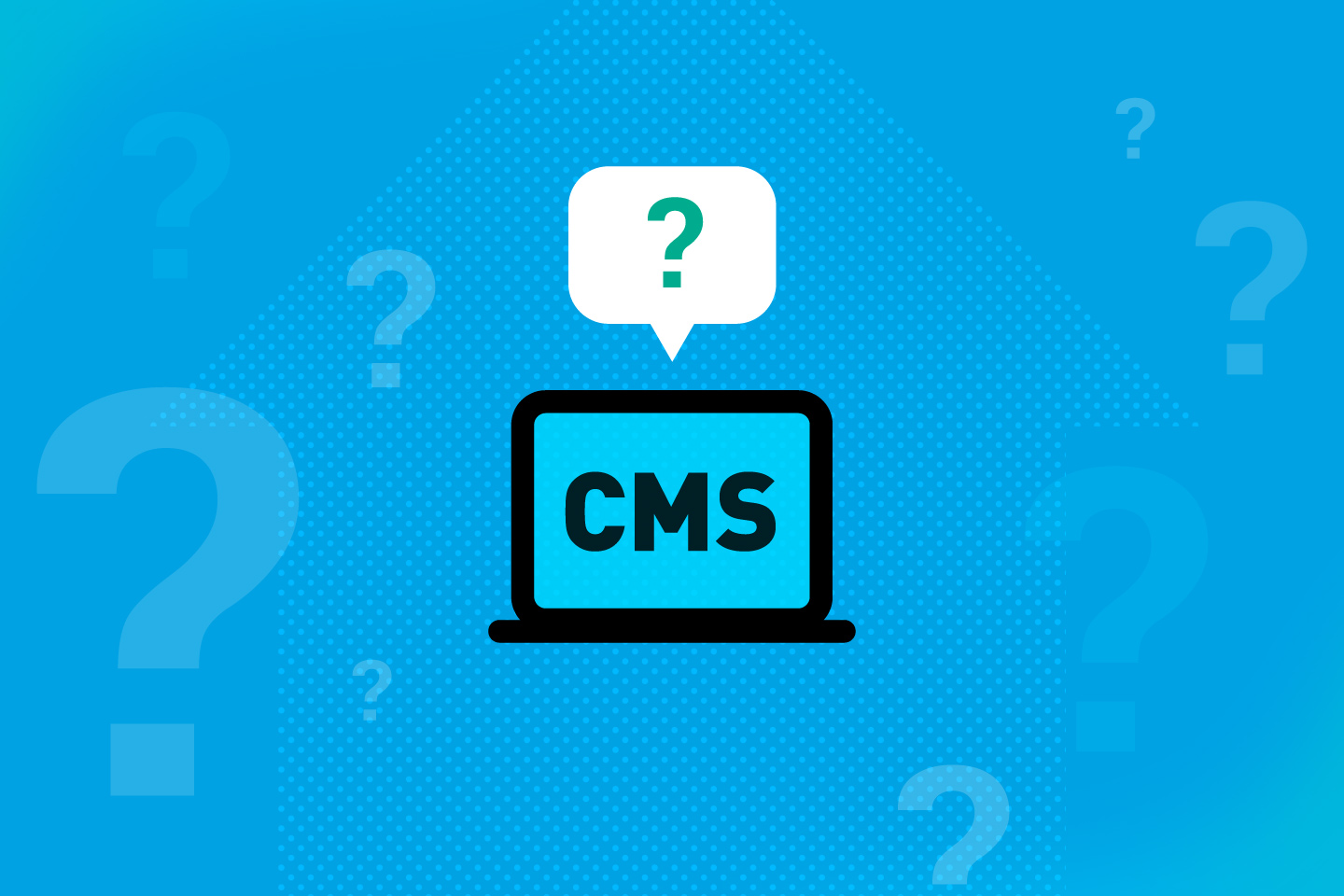In the vast landscape of web development, choosing the right Content Management System (CMS) for your website is a critical decision that can significantly impact its performance, scalability, and ease of management. With a plethora of options available, each catering to different needs and preferences, a comprehensive guide to selecting the appropriate CMS is essential.
Understanding the Basics of CMS:
A Content Management System is a software application that enables users to create, manage, and modify digital content on a website without requiring specialized technical knowledge. The primary goal is to simplify the process of content management, allowing individuals and businesses to maintain an online presence efficiently.
Factors to Consider:
- Content Requirements: Consider the type and volume of content your website will handle. Some CMS platforms excel in handling text-based content, while others are more multimedia-oriented. Ensure the chosen CMS aligns with your content strategy.
- Ease of Use: A user-friendly interface is crucial for efficient content management. Look for a CMS that provides an intuitive dashboard, easy navigation, and minimal training requirements for your team.

- Customization Options: The ability to customize the look and functionality of your website is vital. Evaluate the CMS’s flexibility and extensibility to accommodate your design and feature preferences.
- Scalability: Consider the future growth of your website. A scalable CMS allows for seamless expansion as your content and user base increase, preventing the need for a complete overhaul down the line.
- Security Features: Website security is paramount. Ensure that the CMS you choose has robust security features, regular updates, and a strong community that actively addresses vulnerabilities.
- Community Support: A thriving community of users and developers is a positive sign. Active communities often mean better support, a rich ecosystem of plugins, and continuous improvement through updates.
Popular CMS Options:
- WordPress: Known for its user-friendly interface and extensive plugin ecosystem, WordPress is a versatile choice suitable for various websites, from blogs to e-commerce.
- Joomla: Joomla is a more complex CMS, offering advanced features and customization options, making it suitable for larger websites and online applications.
- Drupal: Drupal is a robust and highly customizable CMS favored for its flexibility. It’s ideal for complex websites with intricate content structures.
- Wix and Squarespace: These are user-friendly, hosted platforms suitable for small to medium-sized businesses. They provide a simplified approach to website creation with drag-and-drop interfaces.
Conclusion:
Choosing the right CMS is a pivotal step in building a successful online presence. Assessing your specific needs, considering factors like scalability, security, and community support, and exploring popular options will guide you towards a CMS that aligns with your goals.

